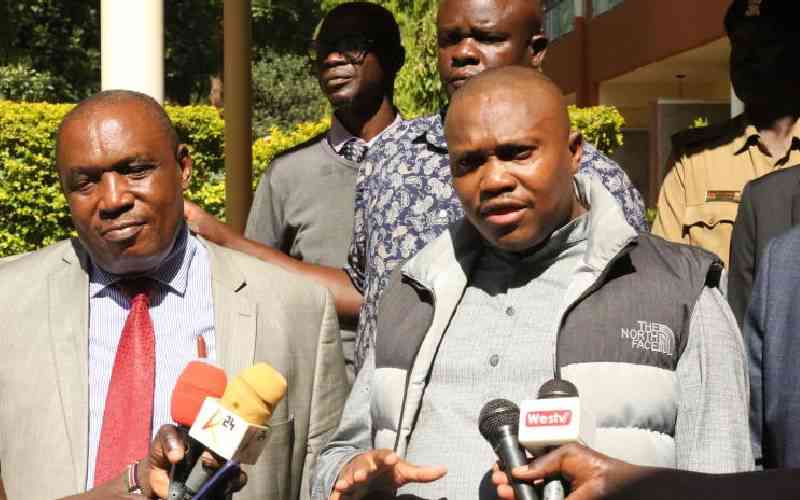×
The Standard e-Paper
Informed Minds Prefer The Standard

Audio By Vocalize

If all goes as planned, rapid reforms to formalise the largely informal mining sector will go a long way in reducing the environmental harm experienced during mining.
This is according to the Principal Secretary, State Department for Mining in the Ministry of Mining, Blue Economy and Maritime Affairs.